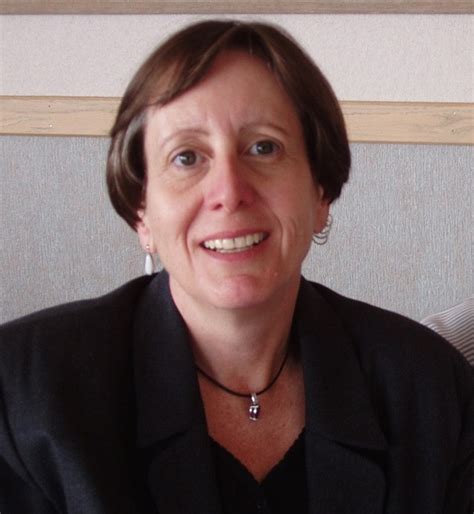A Quote by Timothy Morton
We're all human beings, in the end, despite our differences.
Quote Topics
Related Quotes
When I write, my goal is to delve deeply enough into the human experience to find a sort of universality. Once you dig down underneath surface differences, we are all human beings. And all human beings want essentially the same things at our core. We want to love and be loved. We want to be safe. We want our loved ones to be safe.
Everyone wants to be happy; happiness is a right. And while on a secondary level differences exist of nationality, faith, family background, social status and so on, more important is that on a human level we are the same. None of us wants to face problems, and yet we create them by stressing our differences. If we see each other just as fellow human beings, there'll be no basis for fighting or conflict between us.
All the different nations in the world, despite their differences of appearance and religion and language and way of life, still have one thing in common, and that is what's inside of all of us. If we X-rayed the insides of different human beings, we wouldn't be able to tell from those X-rays what the person's language or background or race is.
Let us not be blind to our differences-but let us also direct attention to our common interests and to the means by which those differences can be resolved. And if we cannot end our differences, at least we can help make the world safe for diversity. For, in the final analysis, our most common link is that we all inhabit this small planet. We all breathe the same air. We all cherish our children's future. And we are all mortal.
Is it not possible to look beyond the canes, the wheelchairs, the braces, and the crutches into the hearts of the people who have need of these aids? They are human beings and want only to be treated as ordinary people. They may appear different, move awkwardly, and speak haltingly, but they have the same feelings. ... They want to be loved for what they are inside, without any prejudice for their impairment. Can there not be more tolerance for differences-differences in capacity, differences in body and in mind?








































